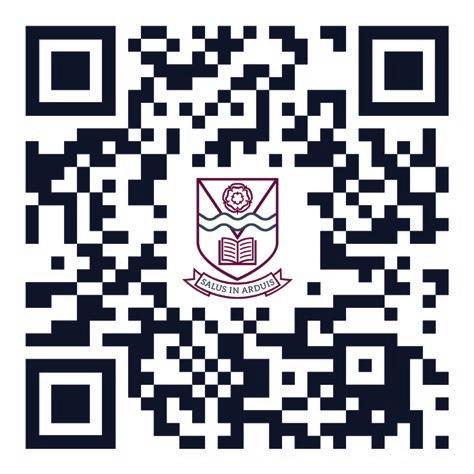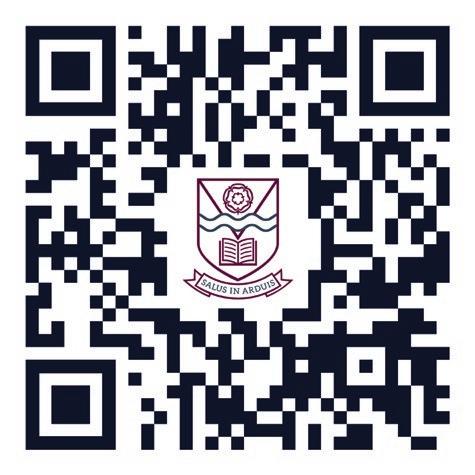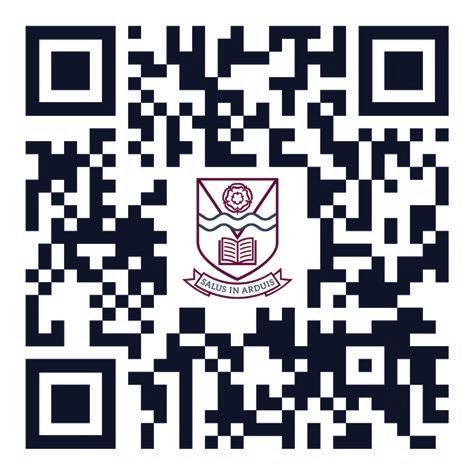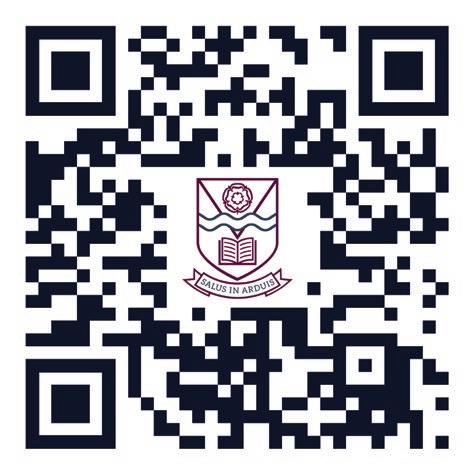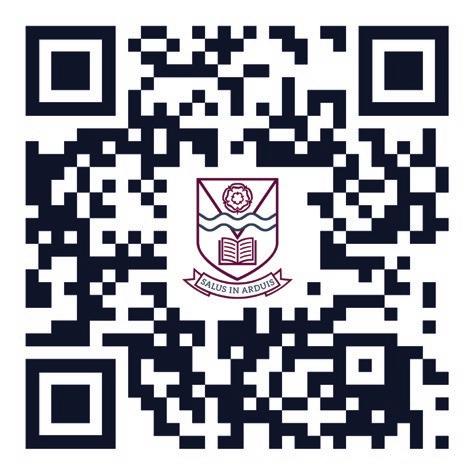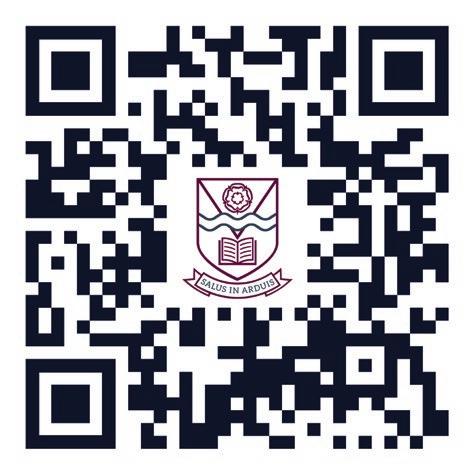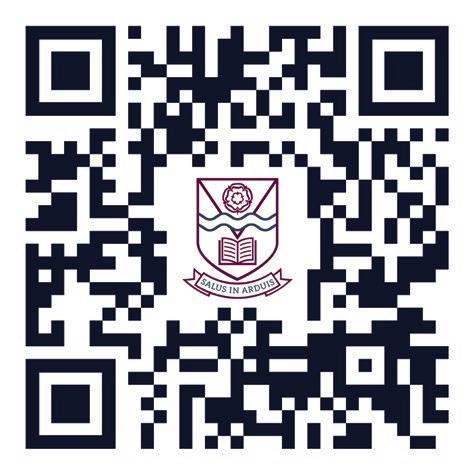
1 minute read
Music
PHYSICS
Exam board and syllabus
We follow the AQA A Level specification (7408) which is accessible for both students who studied IGCSE Physics and for those who studied a separate Physics or dual award Science course at GCSE.
What will I study?
The course covers the following topics: 1. Measurements and their errors 2. Particles and radiation 3. Waves 4. Mechanics and materials 5. Electricity 6. Further mechanics and thermal physics 7. Fields and their consequences 8. Nuclear physics 9. Options topic: Astrophysics, Medical, Engineering or Turning points in physics.
What are the recommended entry requirements?
The course is suitable for students who have attained a Grade 7, 8 or 9 in GCSE Physics and Mathematics. The treatment of topics at A Level is more academically rigorous and more mathematical in nature. It is preferable for students to also be taking Mathematics at A Level as there is a degree of overlap between the two courses, particularly in the topic of Mechanics. However, the course is accessible for those students not taking Mathematics who have demonstrated good mathematical skills at GCSE.
How will I be assessed?
The course is assessed through three written exams, each of 2 hours long. Paper 1 covers Sections 1-5 and 6.1. Paper 2 covers Sections 6.2, 7 and 8. Paper 3 covers Practical Skills, Data Analysis & the options topic. The course also includes a separate practical element called the practical endorsement. This does not contribute to the final grade, but is awarded separately as a pass/fail. Universities will look for this as an assessment of practical skills.
Exam Board: AQA Assessment: 100% Written Examination (Divided into 3 papers) Where might I go next?
Pupils following this course will often choose to pair it with Mathematics, Biology, Chemistry or Design Technology. Physics is widely recognised by universities as a valuable and academically demanding A Level. Its content is of direct relevance to a number of career paths such as all branches of Engineering and Medicine. As well as studying Physics you will also be developing many skills invaluable to your future career and life:
• A logical and numerate mind • The ability to solve problems • Communication skills, developed through report writing and presentations • Computing and practical skills • Teamwork and flexibility (essential for lab work and projects)

